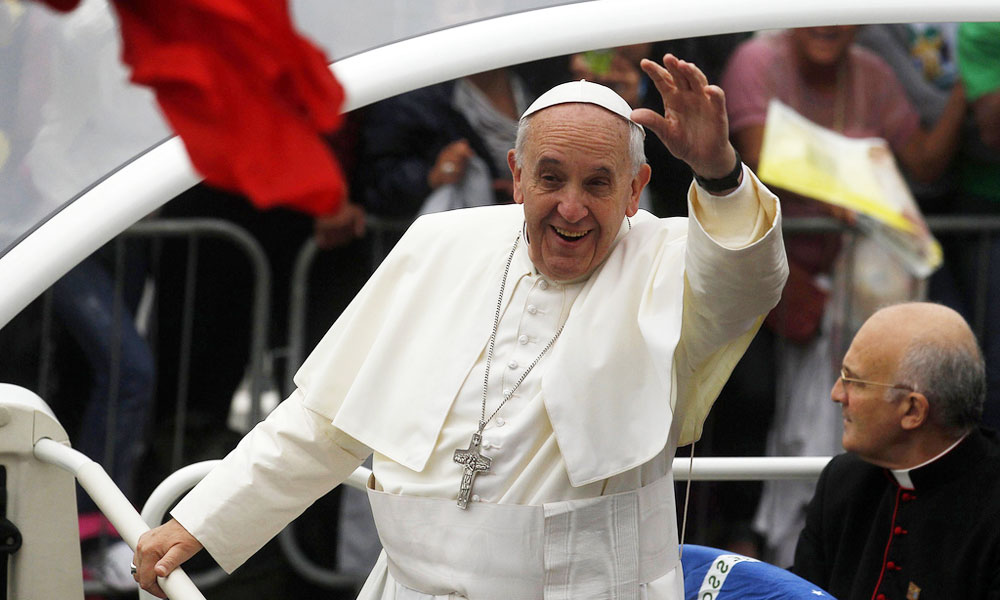
Leadership Lessons from the People-Centric Pope
In just a few months, Pope Francis has breathed new life into an institution that has stagnated in recent years, and the way he’s doing it should be familiar to association professionals.
Since ascending to the papacy in March, the man formerly known as Cardinal Jorge Mario Bergoglio has created quite the buzz within the Catholic Church. Everything he’s done—from choosing the name Francis in honor of a saint known for his concern for the poor to traveling in inexpensive vehicles to making door-to-door visits in the slums of Brazil this week—has captivated the religion’s 1.2 billion followers and, by most accounts, has made the Church feel more accessible and welcoming.
In a word, Pope Francis has humanized the Catholic Church. Associations Now recently talked with Jamie Notter, coauthor of Humanize: How People-Centric Organizations Succeed in a Social World, to see what association executives can learn from the pope’s approach to leadership.
AN: What Pope Francis has done with the Catholic Church since being elected seems to go hand in hand with the concept you define in Humanize.
I tend to interpret what he’s doing along the theme of decentralization. For 100 years we’ve been running our organizations like machines, and we’re realizing that there’s power that we’re letting go to waste by not tapping into the power of the periphery in the system. We tend to overemphasize the value and the power and the role of the center or the top. The point here is, what do I need to do, as someone who’s at the top of the hierarchy, to tap into the power of the support system? It would make sense today to start looking at what we need to do differently to engage the broader membership.
What makes a people-centric organization work?
The initial inspiration for the book was social media. We looked at the power and the speed with which social media grew, and it did that by tapping into what makes us human. It’s human to want to connect and share and learn and be in a relationship with people. Social media capitalized on that, and our argument is that organizations don’t. The principles that social media uses are openness, decentralization, transparency, and authenticity. When you let people be who they are, they like that and they’re drawn to it.
The notion of being authentic—does that make comments like Pope Francis recently saying “Who am I to judge?” about gay priests seem less radical than if he weren’t so people-centric?
This goes back to one of the central themes of the book, the idea that we don’t know as much as we think we know. That notion of “who am I to judge,” to me, fits with the era that we’re entering in terms of management and culture of organizations. For years it’s been about getting the right answer and designing the perfect organization. Learning is the ultimate value here. Learning is not absolute, learning is not about answers. Learning is about emergence, it’s about discovering; it’s expecting that the world will change and then something new will come out, and you’re constantly learning. That’s going to be a hallmark of organizations in the next century—focusing on learning.
What are the main lessons that can be drawn from how Pope Francis has managed his role thus far?
First is that change is not as hard as you thought it was. People feel that change is so hard that they don’t do anything, which is related to the second lesson: Just act. Have the courage to try something new—all of which goes back to the qualities that describe human organizations. You have to act and try new things. There are always going to be 100 reasons why you shouldn’t, but I’ve run out of patience with those excuses.
It sounds like Pope Francis feels the same way; he’s run out of patience with those excuses and he’s going to do new things and create a new world for him and the Catholic Church and millions and millions of people in the process.
(photo by Semilla Luz/Flickr)






Comments